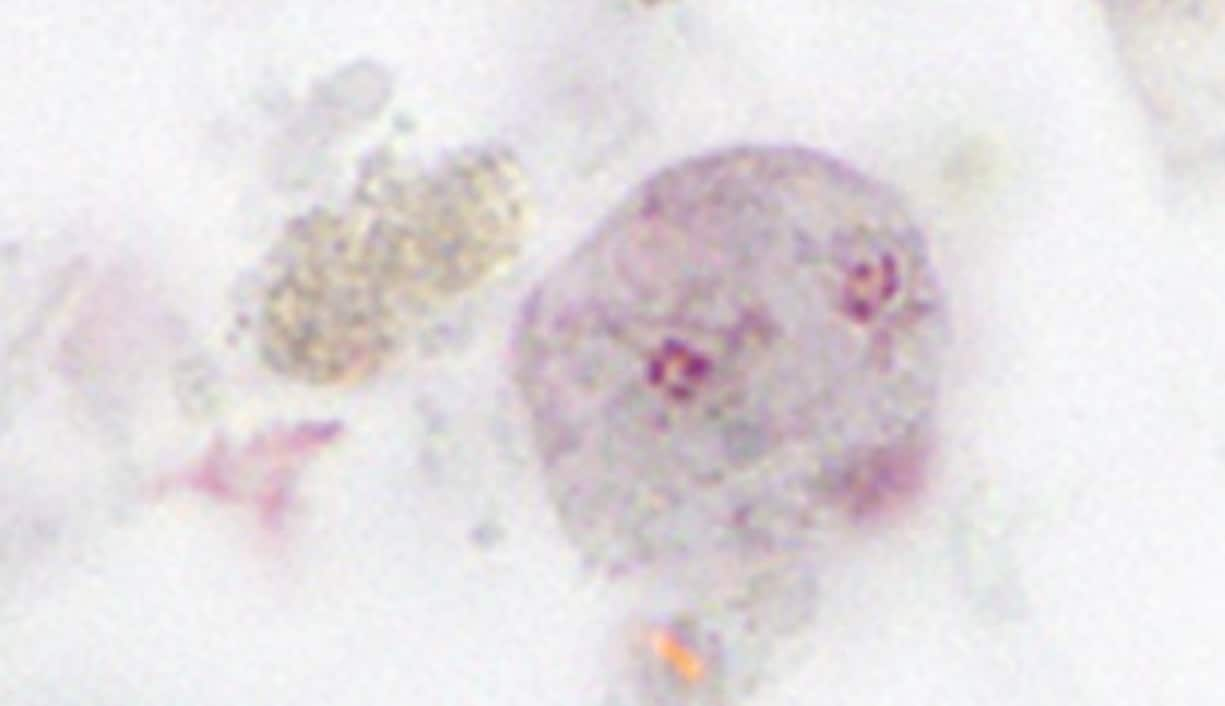Key points
- Dientamoeba fragilis is a parasite that lives in your large intestine.
- People most likely get infected by accidentally swallowing the parasite.
- Many infected people do not have any symptoms.
- To prevent infections, wash your hands thoroughly after using the toilet or changing diapers, and before preparing food.

Overview
Dientamoeba fragilis is a protozoan parasite, meaning it is a microscopic, single-celled organism that multiplies in people. D. fragilis lives in the large intestine of people. It is still not entirely clear whether this organism causes disease in people. Many people carrying the parasite have no symptoms, but gut-related symptoms have been associated with this parasite in some people. Infection is common in the United States and globally.
Resource
Signs and symptoms
Many people have no symptoms. If symptoms are present, the most common are diarrhea and/or abdominal pain. Other symptoms can include loss of appetite, weight loss, nausea, vomiting, and fatigue.
Causes
It is unclear how D. fragilis spreads. Most likely, people get infected by accidentally swallowing the parasite; this is called fecal-oral transmission. This could be through contaminated food or water, person-to-person, or animal fecal (poop) contact. The D. fragilis parasite is fragile and cannot live very long in the environment (after it passes in feces) or in stomach acid (after it is swallowed).
Prevention
To prevent infection with D. fragilis,
- Wash your hands with soap and water after using the toilet, after changing diapers, and before preparing or eating food.
- Teach children the importance of washing hands to prevent infection.
Diagnosis
Your healthcare provider can take a stool (poop) sample and examine it for D. fragilis infection. You may have to submit stool samples from more than one day as the parasite is not in every sample. People infected with D. fragilis can also have pinworm eggs. Your healthcare provider may test for both.
